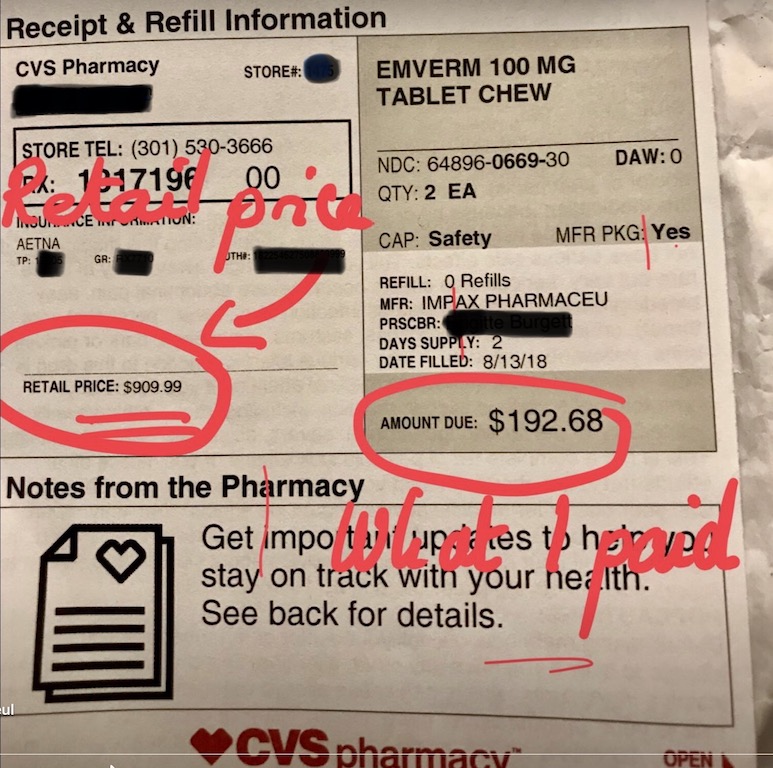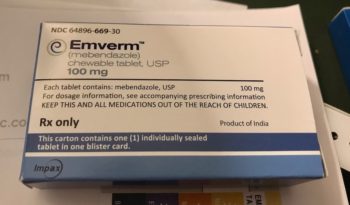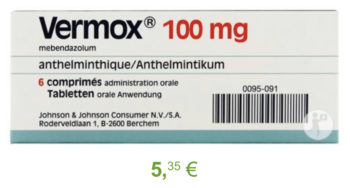
For the same active substance (mebendazole) and same dosage (100 mg), Americans pay over 45,000% more than a German does. But, why??
Listening to NPR this morning, I heard the story of Marilyn Bartlett, a now 67-year-old professional who spent four years running Montana’s employee health plan. In this period of time, she saved the plan from bankruptcy, forcing hospitals and other intermediaries to join her at the negotiation table and making better deals with all industry players.
Yes, it’s not the first time that I’ve written about health care in the US. Last February, I asked “Is the American Health System Unhealthy?” I wondered why Obamacare didn’t try to limit the price of drugs or exams. Based on my experience in the country, it’s common sense to recognize that something needs to be fixed.
Topics involving health care often make it to the top of the news since I live in the US. Obamacare was just a couple of days old when I arrived in 2013, and in the last two years, Republicans have worked hard to repeal it. I also remember the scandal around Daraprim, a drug used to treat AIDS when the cost was raised overnight from $13.50 to $750. But, when I faced a similar situation with pinworm medication, I was speechless!
Let me explain.
For half a year, Pauline has complained about pinworms. After over-the-counter medication failed over and over, her pediatrician prescribed Emvern, a mebendazole-based drug. Pauline had to take one pill immediately and another two weeks later.
For two boxes with a pill each, our CVS pharmacy charged $909.99. Seriously, $455 for one pill?

If, according to the CDC, “Pinworm is the most common worm infection in the United States,” why is medication so expensive? What makes these pills so special? I shared my shock on Facebook and soon started researching the subject.
I found out that I’m not alone with my thoughts.
Employers can bargain down health care prices
When Bartlett took the job of Health Care and Benefits Administrator in Montana, she had worked 14 years on the insurance side. She fully understood the side deals and kickbacks that industry players discreetly build into their bills. “Everyone was profiting except the employers and workers paying the tab,” reports NPR.
In other words, she successfully fought the lack of transparency in the industry. Montana’s hospitals would charge for the same procedure between two and five times what Medicare gets paid, and companies managing drug costs would cut lucrative deals for themselves.
Nothing new here: there is a problem, and Mrs. Bartlett proved that employers can bargain down health care prices.
(For details, I invite you to listen to the podcast here or to read the NPR article here.)
Is the price of $450 justified?
My friend and journalist Catherine gave me another clue. In Belgium, a box of mebendazole costs $6.19 (€5.35) for six pills. Each pill is $1.03.
In Germany, the price is even lower: €5 for the same box of 6. A pill costs less than $1.
For the same active substance (mebendazole) and same dosage (100 mg), Americans pay over 40,000% more than a German does! Isn’t it outrageous? Shameful even.
Lack of competition makes business owners happy
In another article (in French), I learned that since 2011 Impax, the drug company behind Emverm, has been the only US provider of pinworm medication. That same year, another drug company called Teva stopped producing a generic version. Obviously, the lack of competition encourages price abuse.
According to the Henry J. Kaiser Foundation, 157 million Americans get their health care benefits through their employer, whose business focus is certainly not to manage employees’ health plans. As NPR puts it,
“The way health care works in America, most employers cede control of health care costs to their health insurers, the hospitals that treat their employees and the companies they pay to manage their benefits …
Decisions about health benefit plans are usually made by midlevel human resources managers, who may not understand the forces in the medical industry operating against them.
They’re often advised by insurance brokers, who are traditionally funded by the industry. And they’re trying to keep the peace for employees—who demand convenient access to the care they need. It’s a recipe for inertia.”
At the end of my last February article, I asked if anyone could shed more light on the American health care system. Now, after reading, and re-reading NPR, I got a better understanding of how the industry works.
In my case, I eventually paid $192.68 out-of-pocket. That’s the deal my health insurance, Aetna, has with Impax/Emverm. One pill for $96.34. That’s still $95 more than in Belgium or Germany. There is room for negotiation here, right?






Very interesting comments and opinions…
Thank you! The article is very well written; clear, accurate and easy to understand. I had some problems with parasites. It is often a waste of time to try and find eggs in stools as they are extremely difficult to detect. Best for me is just to treat with Mebendazole (Vermox). Got it from “NOWORM365” ❤️ (just search on Google) to save $$ . Albendazole and vermox are broad spectrum antihelmintics and most likely to be effective.
Your article helped me a lot to be free from parasites forever! Thanks!
C’est complètement dingue ! Les français se plaignent toujours, mais la sécurité sociale à la française est un immense privilège !
Et oui. Un grand privilège qu‘on apprécie beaucoup une fois aux Etats-Unis.